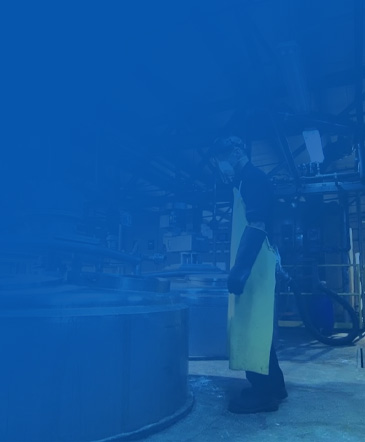Aug . 01, 2024 05:35 Back to list
Exploring the Functionality and Applications of Chemical Check Valves in Fluid Control Systems
Understanding Chemical Check Valves A Vital Component in Fluid Systems
In industrial processes, especially those involving the handling of various chemicals, the integrity and reliability of fluid control systems are paramount. One crucial component that facilitates this is the check valve, specifically designed for handling chemicals. Chemical check valves play a vital role in ensuring the safe and efficient operation of fluid systems by preventing backflow and maintaining the desired flow direction.
What is a Chemical Check Valve?
A chemical check valve is a type of one-way valve that allows fluid to flow in one direction while preventing backflow. These valves are engineered to withstand the corrosive nature of many chemicals, making them essential in industries such as pharmaceuticals, chemical processing, water treatment, and oil and gas. Typically, check valves are designed from materials that offer high resistance to chemical degradation, including PVC, CPVC, Halar, and various alloys.
How Do Chemical Check Valves Work?
Chemical check valves operate on a simple principle. When fluid flows in the designated direction, it lifts a disc or ball within the valve, allowing the fluid to pass through. Once the flow stops or attempts to reverse, the internal component reseats against the valve body, creating a tight seal that prevents backflow. This function is critical in preventing contamination and ensuring the safety of processes where hazardous materials are involved.
Applications of Chemical Check Valves
1. Chemical Processing In chemical manufacturing, maintaining a unidirectional flow is essential to prevent chemical reactions that can occur when substances mix unintentionally. Check valves help manage the flow of reactants and products efficiently.
chemical check valve

3. Oil and Gas In petrochemical facilities, check valves are used to prevent the backflow of liquid hydrocarbons, protecting pumps and other system components from damage and ensuring the safety of operations.
4. Pharmaceuticals The sterile and precise control of fluid movement is crucial in pharmaceutical manufacturing. Chemical check valves ensure that drugs and other materials flow correctly through pipelines without contamination from reverse flow.
Benefits of Using Chemical Check Valves
- Prevention of Backflow The primary advantage of a chemical check valve is its ability to prevent backflow, protecting systems from pressure fluctuations that can lead to leaks or ruptures.
- Improved System Efficiency By ensuring the proper flow direction, these valves help maintain optimal system performance, reducing wear and tear on pumps and other components.
- Safety and Compliance In industries handling hazardous materials, check valves contribute significantly to safety protocols by preventing the accidental mixing or reverse flow of chemicals, thereby adhering to stringent regulatory standards.
- Cost-Effective Investing in chemical check valves can save money in the long run by reducing maintenance costs associated with system repairs and contamination issues.
Conclusion
Chemical check valves are indispensable in ensuring the safe and efficient flow of fluids in various industrial applications. Their ability to prevent backflow and maintain system integrity makes them critical components in any fluid handling operation. As industries continue to evolve and expand with new technologies and regulatory requirements, the importance of reliable and robust check valves will only increase. Understanding their function and benefits allows operators to make informed decisions that enhance safety and operational efficiency. In an era where chemical handling is scrutinized for safety and environmental impact, the role of chemical check valves cannot be overstated.
-
Why Metric Trapezoidal Thread is Ideal for Precision Motion ControlNewsAug.05,2025
-
The Unique Properties of a Block of Granite for Industrial UseNewsAug.05,2025
-
The Role of Flanged Y Strainers in Preventing Pipeline ClogsNewsAug.05,2025
-
The Importance of Regular Calibration for Master Ring GagesNewsAug.05,2025
-
How a Cast Iron Surface Table Enhances Accuracy in ManufacturingNewsAug.05,2025
-
Comparing Different Check Valve Types for Optimal Flow ControlNewsAug.05,2025
Related PRODUCTS









